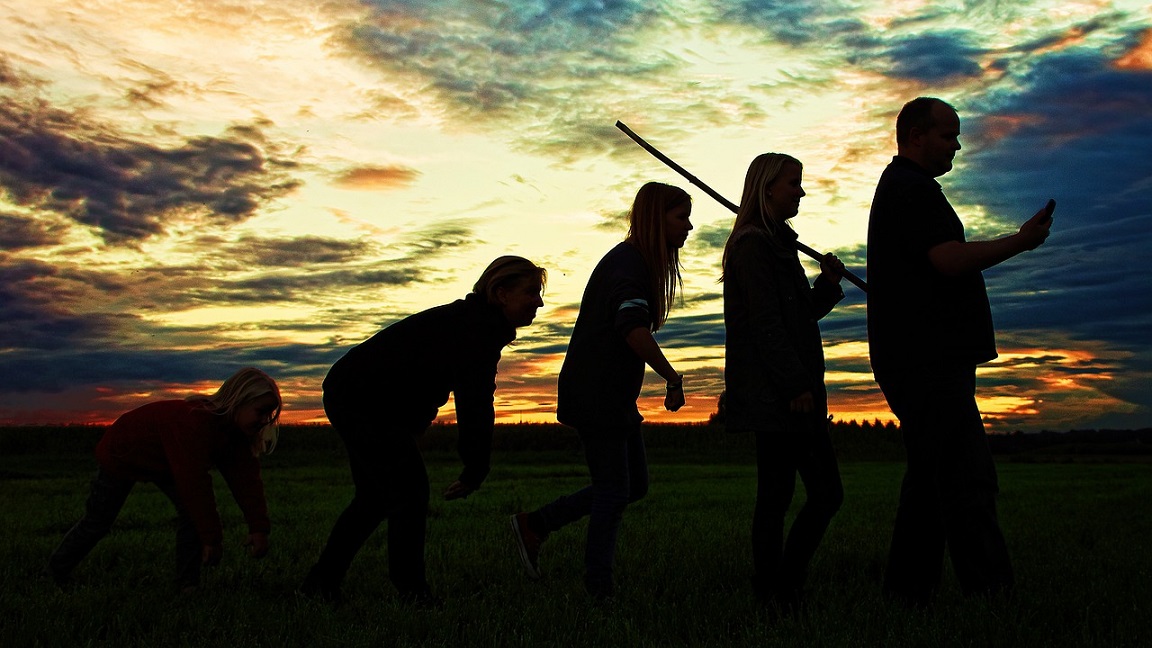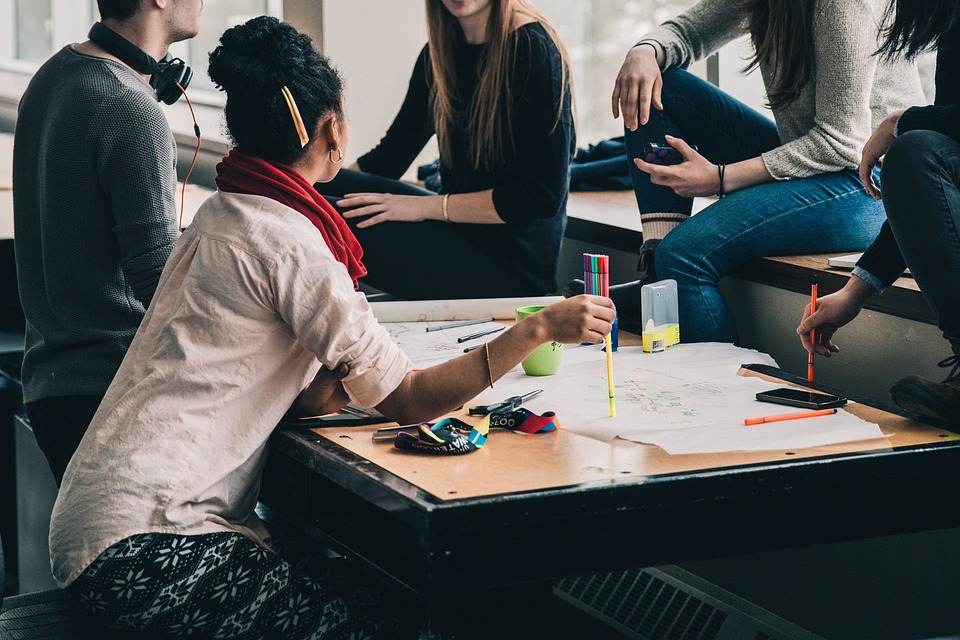Namely that a ‘growth mindset’ approach to educational and social change is an extremely powerful tool, especially as regards the needs of areas of long-term deprivation.
 Nigel Pocock
Nigel Pocock
I defined a growth mindset as one marked by openness, a commitment to learning, and a belief that the brain – and oneself and society – could benefit from such a change of attitude.
There is a deeply built-in (and mistaken) intuition that people are ‘the way they are’ by nature.
Modern brain science (‘neurology’) has shown that this is only partially true.
What is much more significant is the belief that people can change their skillsets, and that they are not naturally ‘fixed’.
There are very solid brain research findings that support these contentions.
Indeed, the very first step in any programme in teaching a growth mindset is to teach precisely this: how neurogenesis (the development of new neural connections) is fundamental to brain development, and stays with people throughout life, if they maintain the work needed to keep things this way.
The old adage “use it or lose it”, is as true as ever.
 Except that we now know that it needs the support of both a moral imperative and the political will to support it.
Except that we now know that it needs the support of both a moral imperative and the political will to support it.
It might seem strange to mention a ‘moral imperative’, but basic to a growth mindset is teamwork, cooperation, and sharing.
For skillsets to develop (in any area of life, from cooking to quantum physics), involves not only ‘standing on the shoulders of giants’, but also being able to accept and constructively utilise relevant criticism. This is precisely for those with an emotionally fragile self-esteem. Here is a call to help such people to develop the necessary skills in learning, so that their confidence might be boosted by success.
To say this, and to expect it to become reality, are, alas, two very different things! What is needed are visionary individuals with huge long-term commitment to the ideas/ideals expressed here.
 The resources are available through the academic work of Professor Carol Dweck and her colleagues at Stanford University, and via the Mindworks and Brainology programmes, and this is a fundamental starting point. Otherwise Professor Dweck’s two books provide both a popular (Mindset: How you can fulfil your potential) and academic (Self-Theories: Their role in motivation, personality and development) foundation to this vision.
The resources are available through the academic work of Professor Carol Dweck and her colleagues at Stanford University, and via the Mindworks and Brainology programmes, and this is a fundamental starting point. Otherwise Professor Dweck’s two books provide both a popular (Mindset: How you can fulfil your potential) and academic (Self-Theories: Their role in motivation, personality and development) foundation to this vision.
This depends on a but a whole change of mindset (sic) on the part of an entire educational establishment, from the lowest primary level to the most senior heads in educational departments. Unfortunately, given that politicians tend to see things in terms of the ballot-box and short term popularity, I am not confident.
A mustard seed must be planted, and the fixed mindsets transformed into ones focussed on creative and healing processes of social and personal growth. It is possible!
(Photos from Pixabay)












.jpg)












